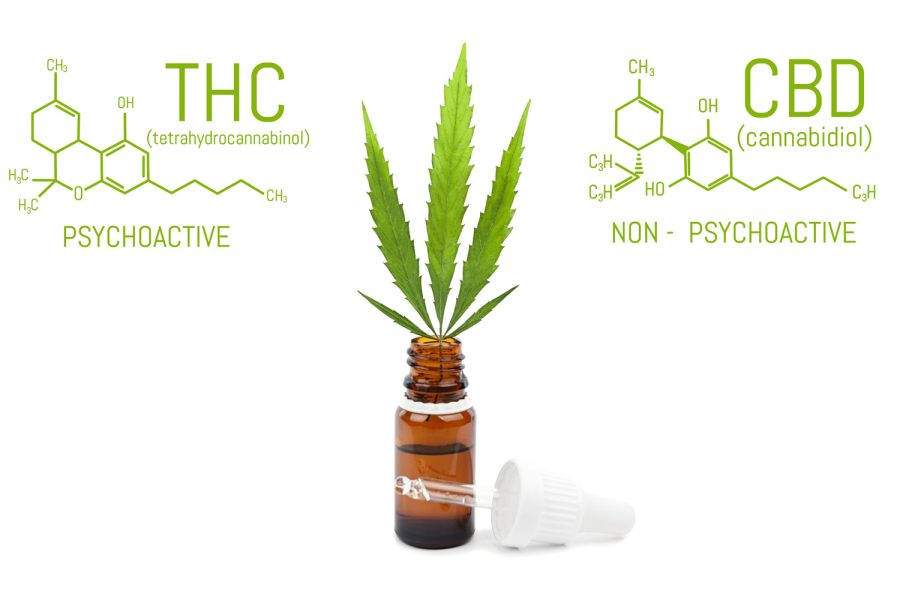Opinion | Legalization of marijuana can prevent potential dangers
The illegality of marijuana has contributed to the use of potentially more dangerous substances.
February 1, 2023
Marijuana should be legalized at the federal level.
The illegality of marijuana has opened doors to alternative products and markets that sell a similar but potentially more dangerous product.
Chemically altered variants of cannabis have gained recent popularity. These variants present differing chemical structures of tetrahydrocannabinol, or THC, the component in cannabis that causes the “high” effect. Today, there are several variants produced and sold in the U.S..
THC variants are legal at the federal level because they are derived from the hemp plant. The hemp plant is a cultivar of the cannabis sativa plant and cultivated for industrial and medicinal purposes.
Hemp plants contain no more than 0.3 percent THC concentration, whereas typical cannabis plants range from 10-30 percent. All hemp derived products were made legal under the 2018 Farm Bill.
THC variants are made using an extensive process. First, cannabidiol (CBD) oil is extracted from the flower of the hemp plant. The oil is then mixed with an acid and heated for many hours.
This causes the chemical makeup of CBD to transform into a different compound more closely resembling THC. The newly made solution is then cleaned and filtered to remove all acid.
Due to this process of extraction, THC variants are only available in vape products and edibles.
Effects on the user differ by variant, ranging from increased relaxation to increased psychoactive qualities.
Delta-8, the most popular variant that most closely resembles standard THC, has gained significant popularity in the last three years, particularly in states where marijuana is criminalized and illegal.
The University of Iowa has active users of delta-8. Around campus, I have had the opportunity to use delta-8 in social settings.
Research describes the effects as being similar to standard THC but noticeably less potent. Overall, you get slightly more relaxed but can still maintain coherent thoughts. Through my experiences, I can confirm that delta-8 reminded me of a lighter THC high.
Indulging in a legal substance that seems to lack potency may not sound dangerous, but my biggest concerns are black market products and lack of research.
As long as marijuana is federally illegal, the black market will continue to exploit the legal market. In legalized states, taxes are so high that many people still prefer to buy marijuana from illicit sources for lower prices, causing the black markets to flourish and export illicit products to states like Iowa. Legalization at the state level is only helping the black market to grow.
Research from New Frontier Data estimates that the illicit marijuana market in California alone is worth $3.7 billion.
There have been numerous instances in which customers have purchased harmful substances through the black market. A prime example was the discovery that counterfeit THC vape cartridges were causing lung diseases. In 2019, 2,807 people in the U.S. were hospitalized after smoking these vape cartridges, 68 died.
Since delta-8 is primarily consumed through vape products, there is a high chance of purchasing a counterfeit vape product claiming to be delta-8.
Another concern is that limited research has been done on variants like delta-8 to confirm the safety of the substance. People have been consuming standard THC for much longer than they have consumed variants, thus there is more research on the effects of standard THC, yet it remains illegal.
A chemically altered variant with unknown long-term effects should not be legalized over a natural product. Whether it’s a variant or any THC vape product, you won’t know exactly what you’re inhaling.
Until marijuana is legalized, alternative and potentially dangerous products will continue to be used.
Columns reflect the opinions of the authors and are not necessarily those of the Editorial Board, The Daily Iowan, or other organizations in which the author may be involved.














